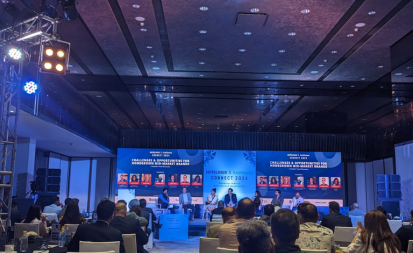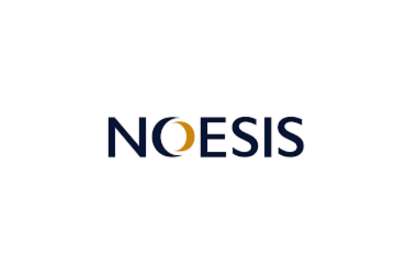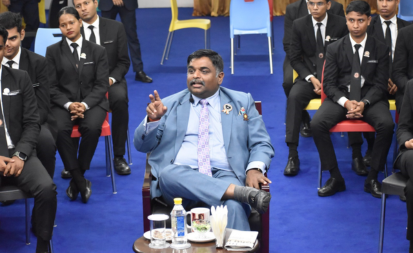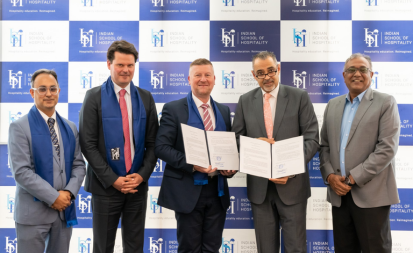AGI glaspac, subtracting plastic coating from the Earth
What are the challenges that the glass packaging industry is facing during the lockdown? Rajesh Khosla: Manufacturing companies faced a lot of trouble when it came to logistics as the lockdown curbed the movement of goods in
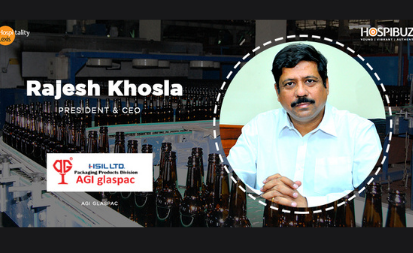
What are the challenges that the glass packaging industry is facing during the lockdown?
Rajesh Khosla: Manufacturing companies faced a lot of trouble when it came to logistics as the lockdown curbed the movement of goods in and out of the districts. The government eased our efforts by including the glass-manufacturing sector under essential services. The recent exemption of non-essential goods will help most of the factories with supply materials. Most companies have stored enough raw materials beforehand to run their businesses. A few companies will also have an added advantage when they have their own factories manufacturing the required materials, such as sand.
The problems faced by the industry in this emergency period and immediately before the lockdown include:
· Supply of raw materials/input for manufacture
· Transportation of finished goods
· Employees’ ability to come to the place of work
With the complete halt, businesses have been critically affected. Since the duration of such restrictions is uncertain, re-starting glass plants would take a few months.
In one of your recent media interactions, you have stated,” AGI glaspac meets approximately 20 per cent of the glass container demand in the country. It plans to increase its capacity by more than 50 per cent in the coming three years.” How will you and the company make sure to attain your targets?
Rajesh Khosla: We have a major plant investment and upgradations. These plants are in technology up-gradation, inspection, packaging system, warehousing and logistics. We are also seriously looking at increasing our volumes. By doing so, we are making ourselves capable enough to cope with the increasing demand for the coming years. It will surely help us in attaining our targets.
What role is technology playing in the Indian glass-packaging industry?
Rajesh Khosla: Glass packaging faces fierce competition from other forms of packaging in India. The pharma industry is also on the lookout for various alternative materials for commercial reasons. Various reasons for pharma companies to switch are load ability, breakages and unit cost. To compete with other alternatives, glass manufacturers are developing lightweight and durable bottles for pharma. The glass manufacturers are also using concepts such as permanent engravings on containers, which displays the quarter and year of manufacture to avoid counterfeiting.
Has any new technology been adopted by AGI glaspac to take the products to the next level?
Rajesh Khosla: AGI glaspac uses the latest technologies to integrate its R&D, production etc. We have adopted Windchill, which is a product life-cycle management tool that integrates all the stakeholders of the operations right from new product development to bottle packaging. The SAP system is in use to track everyday operations metrics and quality parameters. The business excellence team is equipped with all the tools required for effective statistical analysis and the development of new methods for sustaining the improvements.
AGI has recently provided the following packaging solutions:
- Offering a new tempering method for strengthening glass containers
- Creating a lightweight container in different geometric shapes
- Using newer technologies like single-stage forming to produce thinner but stronger glass containers
- Developing a coating on the surface of the glass to avoid strength loss
- Creating heat-resistant pyrex glass
- Creating internal embossing glass bottles
Apart from that, in 2019, we invested in natural gas to curb carbon emission. We also installed machinery like end-of-the-line packaging for robotic case packers, case palletisers, cullet washing systems, automated dry optical sorting systems, etc.
How can glass products play a vital role in creating a sustainable environment?
Rajesh Khosla: The glass packaging industry has been at the forefront of offering innovative and lightweight containers to its customers. The usage of glass containers contributes in a big way to build a circular economy as the glass is infinitely recyclable without any degradation. The industry uses various technologies, such as the use of cullet (recycled glass) to reduce carbon emission in the society. Right after a consumer uses it, it is collected, transported and processed to become cullet. This way, the used container is melted back to form a new glass container. The setting up of ‘cullet systems’ will be useful in reverse logistics. Our company is getting the sorting system from an Austrian firm. It helps in separating caps, wrappers and glass systematically, paving the way for efficient reuse of collected bottles. Using this process of reverse logistics, we recycle glass.
Many times professionals and the experts of the glass packaging industry have mentioned that it is quite difficult to take over the consumers of plastics as there is a huge difference in cost. Is there any strategy to replace plastic with glass?
Rajesh Khosla: According to various studies, plastic will be phased out by next year. India’s dream and global vision are to replace plastic with green and environmentally friendly product glass. Since plastic is lighter in weight and easier to use, glass uses new technology in glass manufacturing to match the characteristics of plastics. As pharma bottles are non-returnable, they are produced at the lowest possible weights and with a uniform thickness, which will be an added advantage for logistics. With the help of advanced ‘blow-blow’ and NNPB technologies, bottles are produced with airtight packaging and delivered to the customers. Hence, AGI is gearing up for the phasing-out stage through its innovative packaging solutions.
According to one of the media reports, the packaging industry in India is predicted to grow at 18 per cent annually. This report was released before the coronavirus outbreak. What are the prospects for the packaging industry?
Rajesh Khosla: As COVID-19 has spread and its humanitarian impact has grown, it is increasingly affecting industries that help provide essential needs, such as securely getting food and required supplies to consumers. With food packaging being the largest area of activity for the packaging industry, the $900 billion industry is on the front lines, worldwide. The coronavirus crisis has already led to some of the sharpest declines in recent times in demand for certain types of packaging. These include flexible films in the snacks industry, glass and metal in the alcohol industry while accelerating growth for others—such as packaging for e-commerce shipments like flexible, rigid plastics and corrugated grocery packaging that are emerging as lifelines in this new world. Yes, there will be a downfall as many packaging companies that are not able to increase their production as per the high demand will not be able to sustain in the market after the pandemic is over. Most of the organisations that relied on those packaging firms have already shifted to new companies to fulfil the demand in the market.
Every F&B brand has a different standard of packaging. Till date for which brand have you manufactured the finest bottle? Can you share details about the brand and the quality of bottles delivered to them?
Rajesh Khosla: AGI glaspac is a preferred glass supplier for many giants in the Food & Beverage industry. We are the innovation partners, and we develop new products in as quickly as two weeks while respecting the clients’ confidentiality. Beer is such a product which is packed, has a limited shelf life and is sensitive to temperature, sunlight, bottle pressure, etc. AGI ensures that all the aspects of bottles like thickness, colour strength and micro characteristics synchronise with the product and deliver the beer correctly to the consumers.
AGI glaspac has installed state-of-the-art technologies in the areas of bottle forming and quality control, which ensures that the bottles we deliver are of top quality. Our human resources are continuously trained in the latest technologies and problem-solving techniques to deliver the right products.
In 2020, the use of plastic in the hospitality sector has reduced immensely. So how has that helped the glass industry grow bigger?
Rajesh Khosla: With plastic being phased out, the demand for glass bottles is increasing substantially and even end consumers have started leaning towards the glass. To cope with the projected additional demand, most of the glass packaging industries have already stored raw materials and other primary materials, beforehand. We, ourselves, had prepared various measures so that there is no shortage of glass. The glass packaging industry should also make use of a robust supply chain to cater to the market for the end-to-end consumer.
 English
English French
French German
German Italian
Italian

